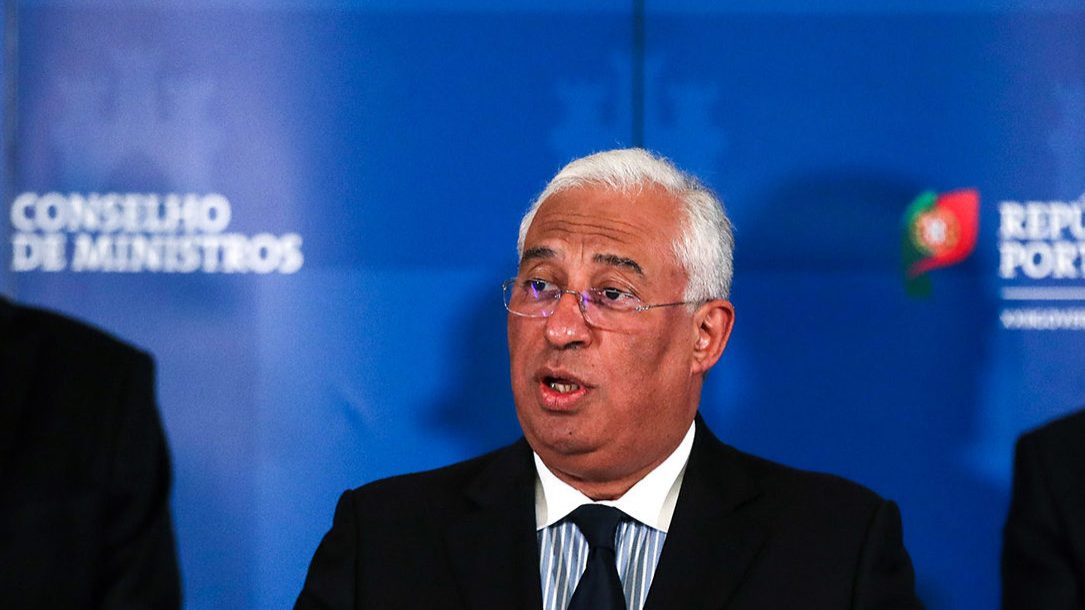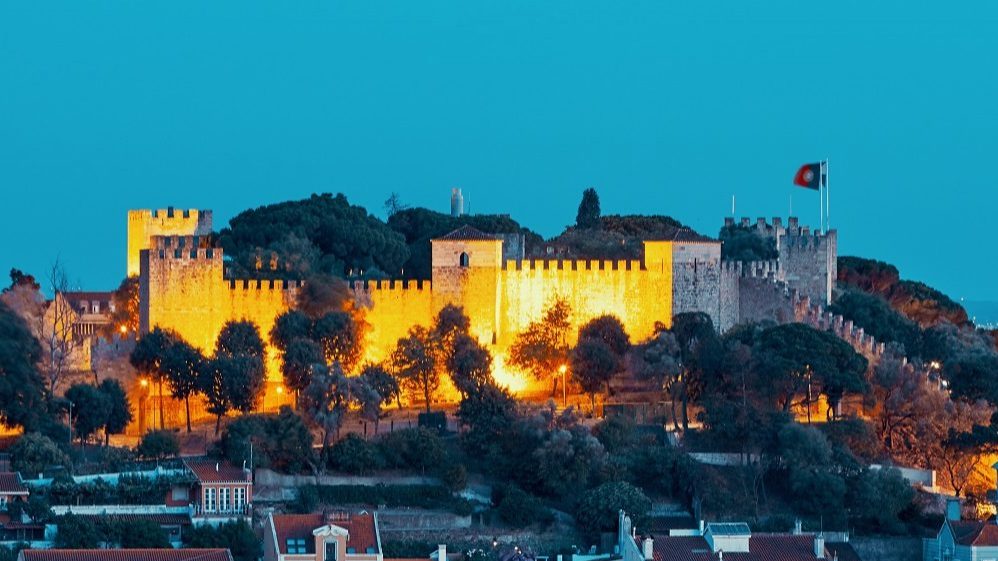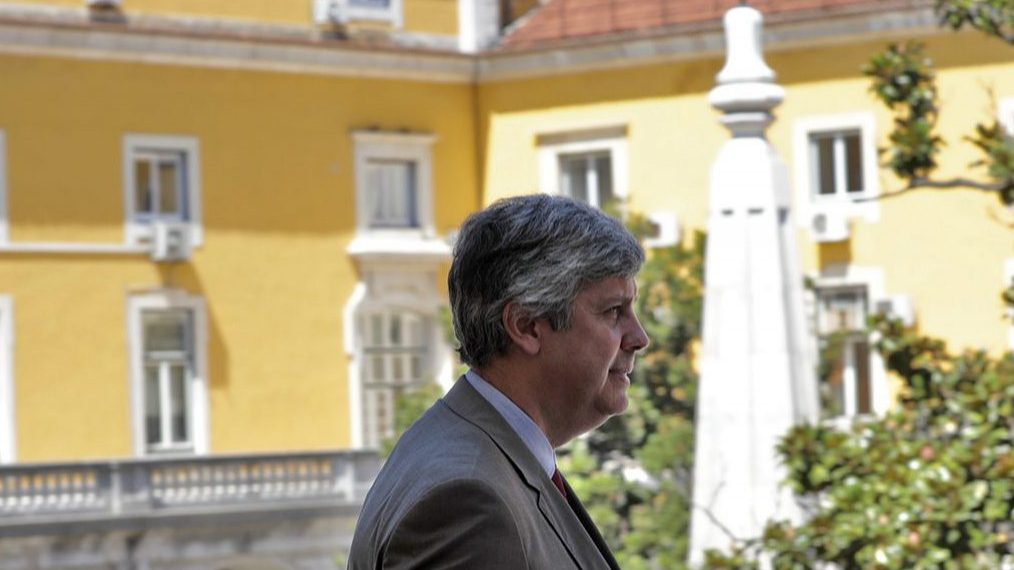Portugal ‘key part’ in developing batteries in EU – commision VP
The vice-president of the European Commission (EC), Maroš Šefčovič, said on Tuesday that the country will be "a key part" in the technological development and production of batteries.
Portugal will be “a key part” in the technological development and production of batteries, the vice-president of the European Commission (EC) Maroš Šefčovič has said as he highlighted the importance of the Portuguese presidency of the Council of the European Union (EU) in the regulation.
“I am absolutely sure that Portugal will be a key part of this new industry which is taking shape in Europe,” Maroš Šefčovič told journalists at the end of a meeting with the ministers of economy and digital transition, Pedro Siza Vieira, environment and climate action, João Pedro Matos Fernandes, and science, technology and higher education, Manuel Heitor, in Lisbon.
The also European commissioner for Interinstitutional Relations and Foresight added that “thanks to the Portuguese presidency” of the Council of the EU, it is possible to “move forward” in the “regulatory work on batteries, which will lead to the greenest, safest and most efficient batteries in the world,” which he believes “will become the standard for producers worldwide.
The EC vice-president explained that last year was “very difficult for everyone” because of the pandemic, however, 2020 was the “year of electro-mobility” as “more electric vehicles were sold in Europe than in China.”
Investment in the battery sector “was more than €60 billion, three times higher than the level of the investment in this sector in China”, he added. One of the objectives now is to produce enough batteries to supply “between six and eight million cars by 2025.
The meeting took place under the European Alliance for Batteries, a sector where Portugal’s “effort” is “unique and special” as the country has “one of the cleanest and most renewable energy mixes.
In line with Maroš Šefčovič, the Portuguese economy minister mentioned that “Portugal is not interested in staying only with the components of lower added value”, which is why it is necessary to “map” the capacity that the country has in “the entire value chain”, from the refining of raw materials, production of cells for batteries, the production of batteries and, eventually, the recycling “of batteries that reach the end of life”.
What is lacking at the moment is the “ability to invest” because the technology “still needs a lot of investment” in terms of research so that there can then be an articulation with the value chain.
A “critical component”, Siza Viera continued, is “access to funding, for which the European institutions also have the possibility” of supporting the country.
“The automotive industry in Europe operates in a network, between large manufacturers and multiple producers of components, and, obviously, what we want to ensure is that our efforts are integrated into that network, as currently, the Portuguese automotive industry is part of it,” he explained.


